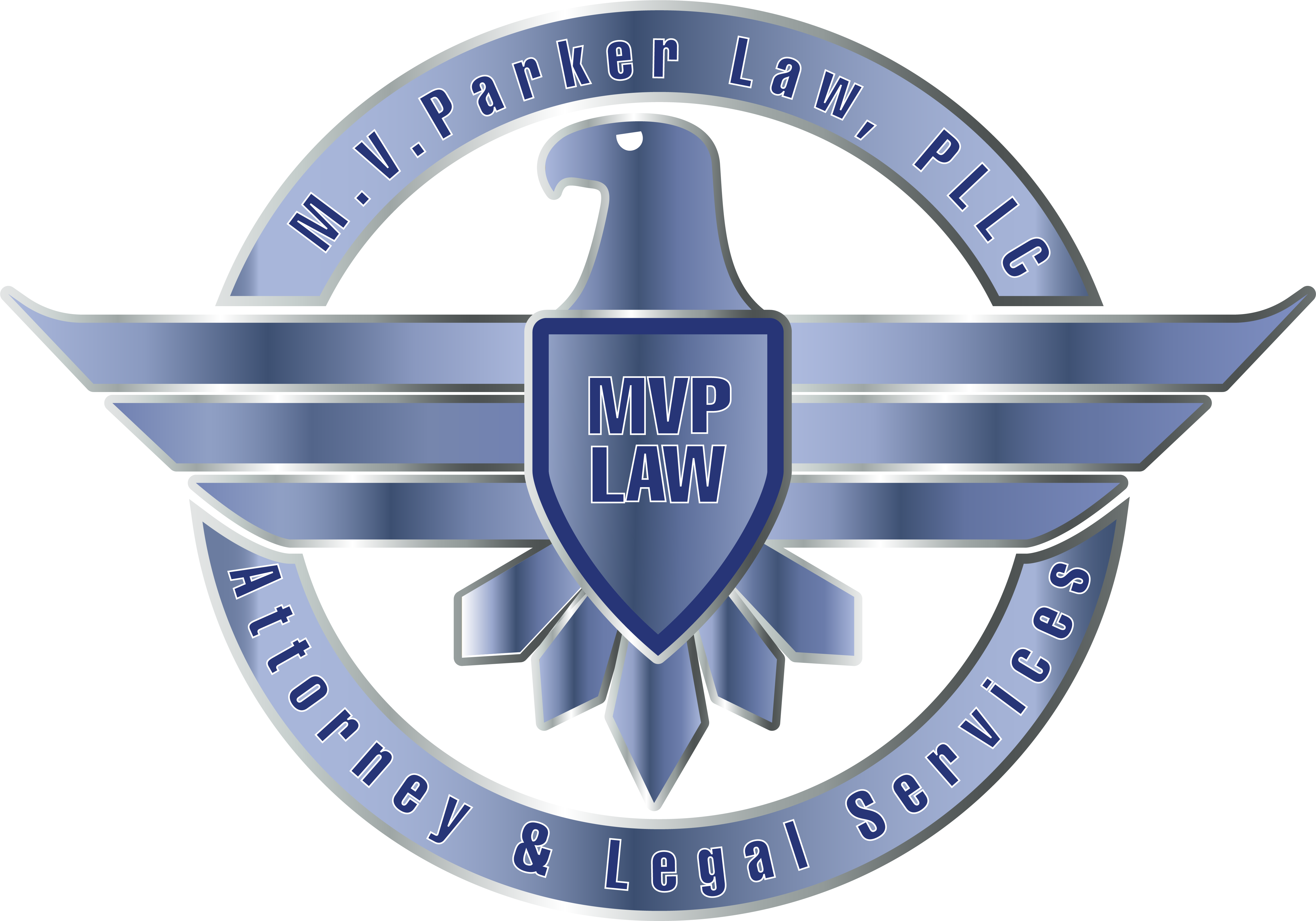Licensing and Regulations
Operating as a contractor in New Mexico? Grasping the maze of licensing is paramount for legal and effective work. Before breaking ground, you must secure a license from the New Mexico Construction Industries Division (CID). Such a mandate guarantees that contractors hit the necessary qualifications with a nod to state standards.
Overview of the Licensing Requirements for Contractors in New Mexico
Securing a contractor’s license in New Mexico isn’t a walk in the park. Applicants leap hurdles including a business and law exam, plus a trade-specific test tailored to their skill set. The CID insists on contractors having a bond and keeping up with insurance coverages like general liability and workers’ compensation. This safeguards both the contractor and the client from potential mishaps.
The Importance of Maintaining Up-to-Date Licenses, Including Specific Requirements for Albuquerque
Holding current licenses is akin to steering clear of legal nightmares and project halts. Albuquerque may toss in additional curves with its local ordinances and stringent codes. Staying abreast of these localized rules can save you from time crunches and hefty fines for non-compliance.
Common Regulatory Pitfalls and How to Avoid Them
Regulatory snags often trip contractors—think expired licenses, neglected building codes, and overlooked bonding or insurance norms. To dodge these landmines, set reminders for license updates, routinely check for construction law changes, and ensure your insurance ticks all state-mandated boxes. Enlisting a savvy legal advisor like M.V.Parker Law, PLLC, can be crucial in steering through these intricate regulations smoothly.
Contract Essentials
A rock-solid contract forms the spine of any thriving construction venture. For New Mexico contractors, pinpointing fundamental elements within contracts is vital for legal compliance and fruitful project outcomes.
Key Elements Every Construction Contract Should Include
Each construction contract must, at the very least, encapsulate these core components:
- Scope of Work: An exhaustive outline of the tasks at hand, materials involved, labor, and any specific stipulations.
- Payment Terms: Crystal clear terms about the total expenses, payment timelines, and invoicing method.
- Project Timeline: Clearly defined starting and completion dates, along with major project milestones.
- Changes and Modifications: A framework for adjustments to the work scope, costs, or timeline, including written change orders.
- Liability and Warranties: Clauses that outline the contractor’s liability and any provided workmanship or material warranties.
- Dispute Resolution: Conditions for resolving conflicts, like through mediation or arbitration.
Important Clauses Specific to New Mexico Construction Projects
For those tackling construction in New Mexico, consider integrating clauses suited to local norms:
- Licensing and Permits: A statement confirming possession of all requisite licenses and permits according to New Mexico law.
- Compliance with State Codes: A vow to adhere to all relevant building codes and regulations.
- Mechanics Lien Waivers: Conditions dictating when and how lien waivers are given to shield the property from unpaid labor or material claims.
- Prevailing Wage Requirements: Affirmation of compliance with New Mexico’s wage laws, if applicable.
Tips for Drafting Contracts that Protect Both the Contractor and the Client
Penning a balanced contract shields both sides and nurtures a cooperative project atmosphere. Here are some golden tips:
- Clarity and Precision: Avoid vagueness with precise, unambiguous language to spell out terms and duties.
- Mutual Agreement: Ensure all parties comprehend and agree on the terms before project kickoff.
- Legal Review: Get the contract scrutinized by a seasoned construction law attorney to spot and remedy potential snags.
- Documentation: Keep rigorous records of all communications, changes, and approvals during the project.
Embedding these elements and aligning with state-specific prerequisites equips contractors in Albuquerque, NM, with well-crafted contracts that promote compliance and project success free from disputes.
Dispute Resolution
Disputes—an all-too-common plight in construction, and New Mexico is no stranger. Understanding the typical discord types and having a grasp on suitable legal pathways for resolution is vital for contractors.
Common Types of Construction Disputes in New Mexico
In New Mexico, disputes often stem from breaches of contract, payment hiccups, disagreements on work scope, and project delays. These can embroil a gamut of parties including contractors, subcontractors, suppliers, and property owners. Identifying these potential issues early and preparing for them can save time and headaches down the road.
Legal Avenues for Resolving Disputes
Several legal pathways exist for tackling construction disputes in New Mexico:
- Mediation: A low-key, confidential process where a neutral mediator aids disputing parties in finding common ground. It’s often favored for its cost efficiency and swift resolution.
- Arbitration: A more formal route where a neutral arbitrator reviews evidence and issues a binding decision. Faster and cheaper than litigation, albeit more structured than mediation.
- Litigation: When other methods fail, taking disputes to court remains. Here, a judge or jury hands down the final verdict.
How M.V.Parker Law, PLLC Can Assist
The labyrinth of legal intricacies in construction disputes calls for a seasoned hand. M.V.Parker Law, PLLC, rooted in Albuquerque, stands ready to assist. Attorney Matthew V. Parker, J.D., brings a wealth of construction law expertise, offering precise advice and representation to resolve disputes swiftly and decisively. Be it through mediation, arbitration, or litigation, our firm relentlessly aims to safeguard your interests and deliver positive resolutions.
